Finding Comfort During Hard Times
Finding Comfort
During Hard Times
A Guide to Healing after
Disaster, Violence, and
Other Community Trauma
Earl Johnson
ROWMAN & LITTLEFIELD
Lanham Boulder New York London
Published by Rowman & Littlefield
An imprint of The Rowman & Littlefield Publishing Group, Inc.
4501 Forbes Boulevard, Suite 200, Lanham, Maryland 20706
www.rowman.com
6 Tinworth Street, London SE11 5AL
Copyright 2020 by Earl Johnson
All rights reserved. No part of this book may be reproduced in any form or by any electronic or mechanical means, including information storage and retrieval systems, without written permission from the publisher, except by a reviewer who may quote passages in a review.
British Library Cataloguing in Publication Information Available
Library of Congress Cataloging-in-Publication Data
Name: Earl Johnson
Title: Finding Comfort During Hard Times: A Guide to Healing After Disaster, Violence, and Other Community Trauma
ISBN: 978-1-5381-2709-4 (cloth)
ISBN: 978-1-5381-1710-0 (electronic)
 TM The paper used in this publication meets the minimum requirements of American National Standard for Information Sciences Permanence of Paper for Printed Library Materials, ANSI/NISO Z39.48-1992.
TM The paper used in this publication meets the minimum requirements of American National Standard for Information Sciences Permanence of Paper for Printed Library Materials, ANSI/NISO Z39.48-1992.
For Douglas
Acknowledgments
I would like to thank Kathy Green, Kristin Levine, Mike Roselli, and Matthew Mitola for reading this manuscript and helping shape it.
I would like to thank Suzanne Staszak-Silva for her extraordinary sensitivity as my editor and publisher and Elaine McGarraugh at Rowman and Littlefield.
I would like to thank Scott Widmeyer for his encouragement and support.
I would like to thank Jane Morgan, my mentor at national headquarters of the American Red Cross, the late Susan Hamilton and Marcia Kovach, and so many colleagues throughout the years there.
I would like to thank Tim Serban and the entire Red Cross spiritual care task force for their leadership, dedication, and sacrifices that have made spiritual care as a function of disaster response for the American Red Cross.
I would like to thank my family, particularly my husband, Douglas Ward, for his time and patience during this entire book process. Id also like to thank Steve and Emily Ward and Andy Ward for your good advice at early stages of this manuscript. I would like to thank Paul Raushenbush, former religion editor of The Huffington Post.
I am profoundly grateful for my parents, Ruth Virginia Basye Johnson and Earl Edward Johnson, for their love and nurture, though they are deceased.
Introduction
On the morning of September 10, 2001, I walked in to my office, excited about starting a new job as a chaplain educator at Washington Hospital Center. My staff of fifteen chaplains was diverse: a Jesuit priest, a Pentecostal woman, a Methodist woman, an imam, an African American Adventist, and a Dominican brother. Little did I know that soon I would be swept up into a new career, working as a spiritual care specialist for disaster situations.
After the plane hit the Pentagon the next morning, Washington Hospital Center began discharging any patients they could, expecting hundreds of victims to be admitted. In the end, only fifteen people were brought in to the burn unit. The realization that there were no more patients, no more survivors, was devastating to all. It was my job as a hospital chaplain to provide spiritual and emotional comfort, not only for the victims, their families, and loved ones, but also for the doctors and nurses, the front office staff, and janitors. Everyone was struggling to comprehend the events of the day. What was there to say? How could I provide hope and solace to patients, colleagues, and friends?
The World Trade Center fell on my classroom on September 11, and eight years later I stood before 4,000 attendees at the National Disaster Medical System in Nashville and urged for the inclusion of disaster-trained professional chaplains to help the health and mental health capacity for mass fatality disasters as a national spokesman for the Red Cross. There were so many who had already brought such comfort to those impacted by disasters.
As devastating as this was, comforting those facing tragedy was not a new role for me. My passion for caring for others had started many years before at Yale Divinity School. Leaving New Haven, I worked with Margaret Mead in Africa. I saw the consequences of IRA violence in London and experienced the unrest in Jerusalem firsthand, when a bomb was found on the bus I was riding. Eventually, I decided I wanted to return home and took an associate minister job at a local college town church in Missouri.
Then in the early 1980s, my life changed. I came out as a gay man, moved to New York City, and started working in the fashion industry. This was the height of the AIDS epidemic and it hit that industry hard. After five years, with many of my friends and colleagues suffering from HIV and AIDS, I made the decision to give up my career in fashion and become a hospital chaplain. My specialty would be working with AIDS patients, many of whom I knew socially or professionally.
I returned to active ministry through hospital chaplaincy in 1994. I trained at New York-Cornell, Memorial Sloan Kettering Cancer Center, and New York Methodist Hospitals. I was hired by Cabrini Medical Center, in part, because I was a board-certified chaplain who also happened to be gay and out. I could actively support patients who had been abused by religion and disowned by their families because they were gay and also had AIDS.
I loved Cabrini, now closed, because the hospital, with its core group of dedicated elderly Italian and other Catholic nuns, was one of the first to admit AIDS patients, even before the world knew what it was. This was a time of not touching door handles or using public water fountains. In those first years, thousands would die until protease inhibitors started to save so many infected with HIV. It was also a time of staff support groups for those who were dealing with the emotional impact of daily fatalities and failure to thrive. It was not unusual to hear Donna Summer played at a memorial service. Oftentimes, the professional intersected with the personal. I would sometime walk into a room and realize the patient was someone I knew. I met my husband through a couple who were living with HIV/AIDS, who are alive today because of treatment advances and life-saving research. I remember the dead, perpetual grief, and a time when sex could mean death.
That experience taught me so much about how dealing with anticipated death allows us to appreciate our lives and spirit. Eventually, it led me to Washington, DC, on that fateful day in September.
As a board-certified chaplain, I have responded to mass fatality disasters across the country, including September 11, Hurricane Katrina, the Virginia Tech shooting, the Haiti earthquake, and the Orlando Pulse nightclub shooting. I have worked for the Red Cross as a spiritual care founder and have been featured as an expert in my field on CNNs State of the Union and on MSNBC.
Disasters do not discriminate between culture, race, class, or geography. This is not an issue affecting small pockets of unlucky people. The whole country has been touched by tragedy: Hurricane Sandy; the Boston Marathon bombing; the shootings at the churches and synagogues in North Carolina, Texas, and Pennsylvania; Sandy Hook Elementary School; Columbine; the Aurora movie theater. Since the beginning of this project, there has been the Paris and Las Vegas shooting; the hurricanes in Texas, Florida, and Puerto Rico; California wildfires and mudslides; the Parkland school shooting and the shooting in New Zealand. Through news and social media, it sometimes feels like we are exposed to one tragedy after another. The issue of how to respond to mass fatality disasters is, unfortunately, not going away.
Next page
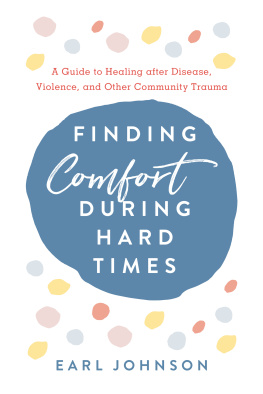
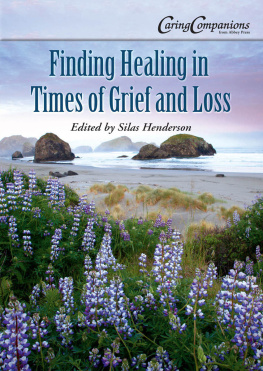
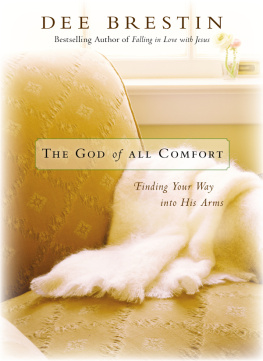
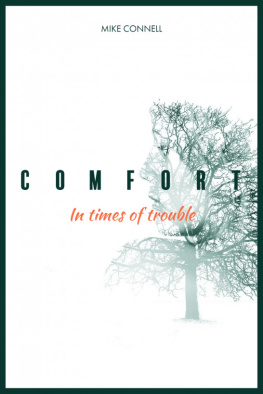




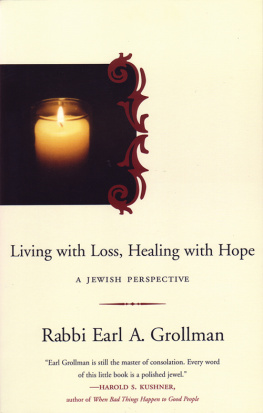
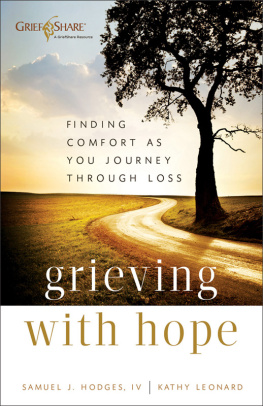
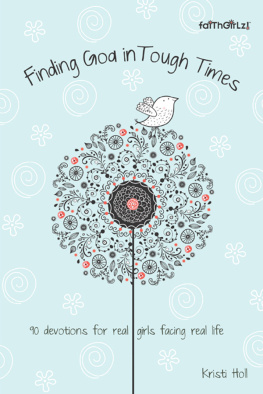
 TM The paper used in this publication meets the minimum requirements of American National Standard for Information Sciences Permanence of Paper for Printed Library Materials, ANSI/NISO Z39.48-1992.
TM The paper used in this publication meets the minimum requirements of American National Standard for Information Sciences Permanence of Paper for Printed Library Materials, ANSI/NISO Z39.48-1992.